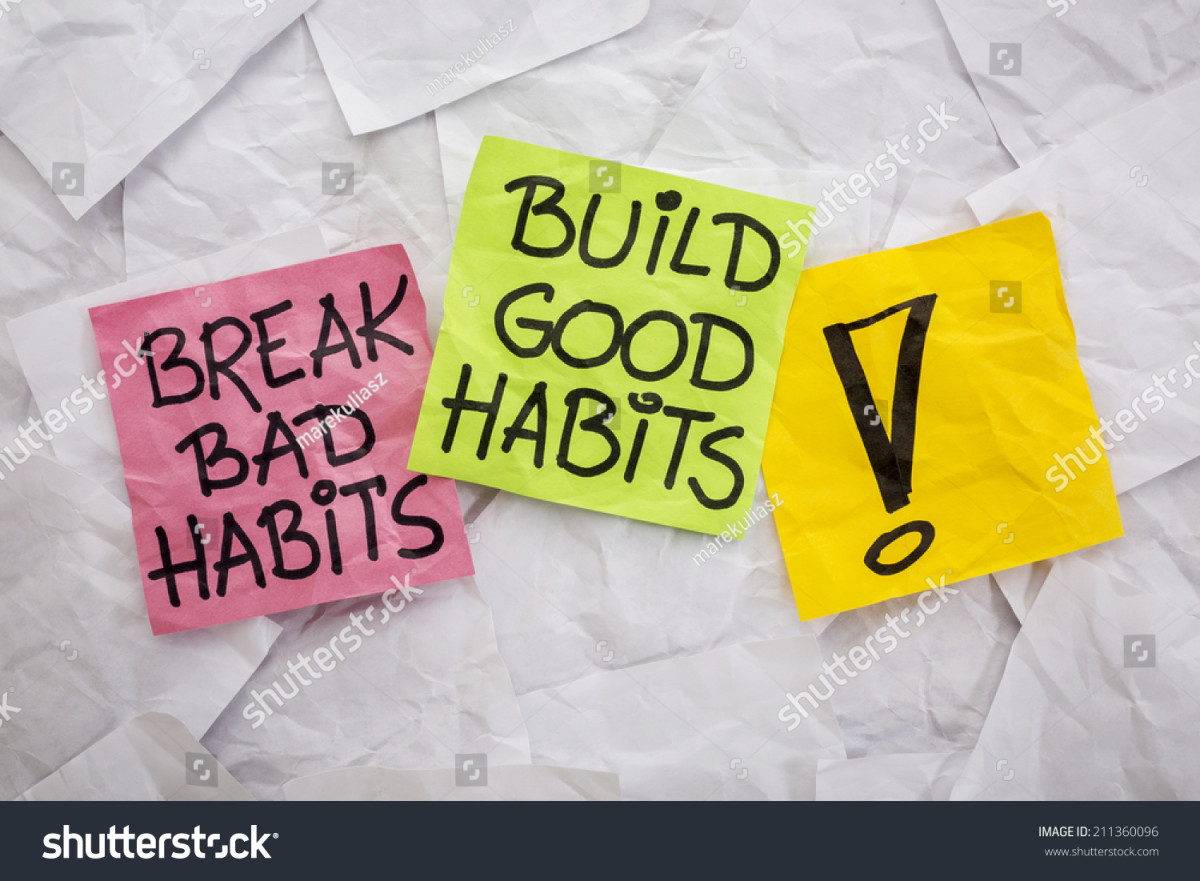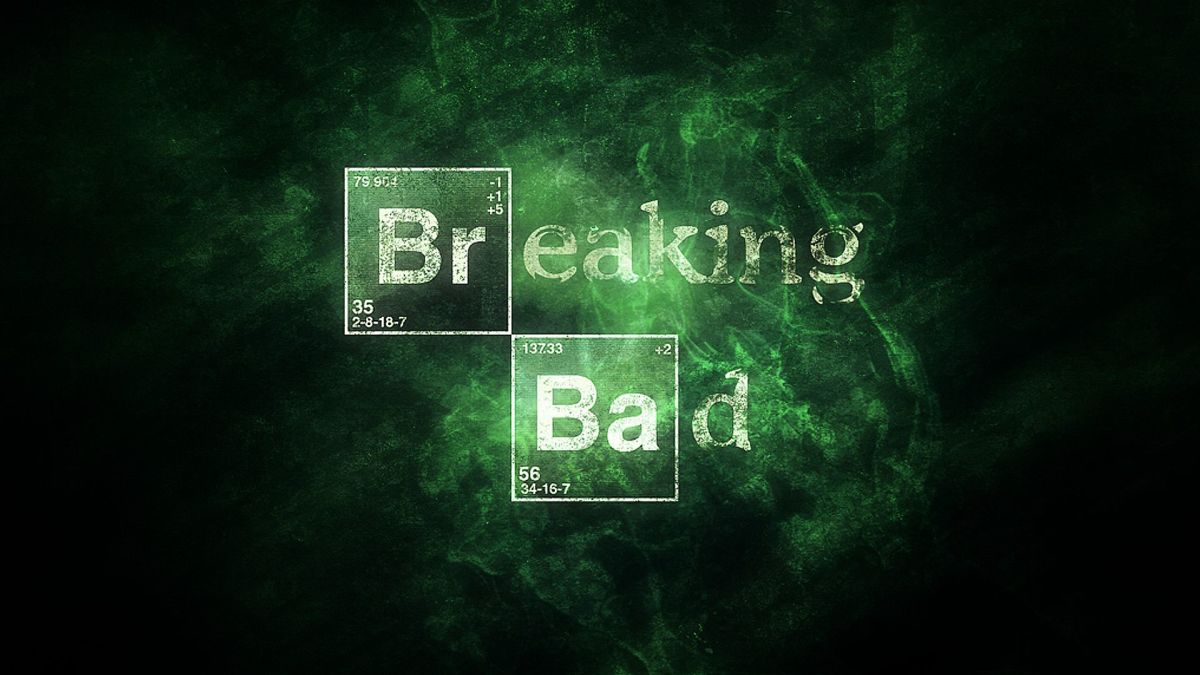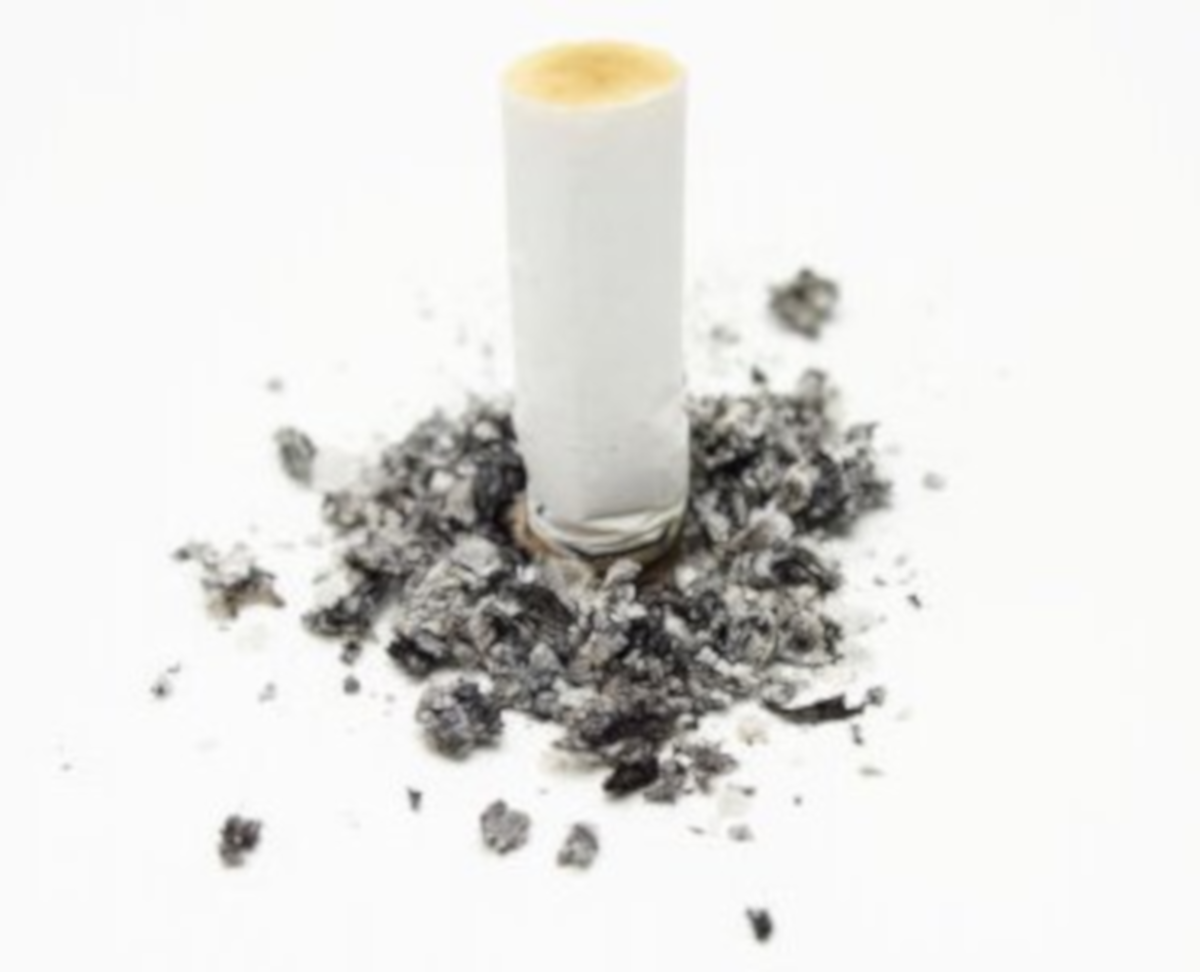How to Get Rid of Your Bad Habits?
Introduction
Our set of actions which get repeated within the duration of time became a habit. In the book, Atomic habits the author James Clear tries to clarify the secret behind habits creation. In the first the part of blog we discussed the significance of 1% improvement in our skills, It may look like just 1% but if it is in every aspect proves in cumulative improvisation.
In its continuation, we have seen how the Identity-based method of habit creation proves to bring fruitful results. An instance explains it further; if someone invites you to play cards and you want to quit gambling. Instead of saying "I am trying to quit gambling" say that 'I am not a gambler'. "I don't play for money" seems a syllable but changes the way you look to yourself. Your beliefs towards yourself from the ultimate personality.
James clear had stated the proven ways to build good habits and break the bad ones. From almost unnoticeable to highly rewardable all habits formed involve four steps; Cue, Craving, Response and Reward. The whole concept of habit formation revolves around the strong desire of reward. Cue makes you desire the reward. Craving urges you to achieve it. The response is getting what you have desired. The reward is something satisfactory or addition in knowledge.
Habit is a behaviour which gets automatically created when frequently repeated. The purpose of habit formation is to tackle problems in less time spending fewer efforts. If anyone of these four proves insufficient then that behaviour will not be able to become our habit. From the habit formation process, if you eliminate cues, you won't even be starting it. If craving gets diminished you won't be wishing to do it. If the response will be difficult you won't be able to achieve the reward. And if the reward doesn't satisfy your desire you won't be doing it ever again.
Real Scenerio
Let's understand it with an example: your phone rang. It's the cue. You're willing to read the message is craving. You pick the mobile and read the message as a response. The happy feeling after reading a message is the reward. The most satisfying the reward will be the more you will be willing to go through the same process. To create good habits you need to make cue visible, craving attractive, response easy and reward satisfying. For example, if you want to build the habit of book reading. Firstly you need to keep books in a place where they are easily visible.
To keep craving attractive have a bookmark that will let you know from where the reading is to go ahead. So that even in the short time of 15-20 minutes you can read sufficient content. Keep the book closer so you can reach it simply by stretching an arm to make response easy. Don't keep it above the shelf aur somewhere requiring even a single effort to reach it. And to make the reward satisfactory, keep knowledge of what sort of books would be needed at this time. Having appropriate knowledge at the correct time makes book reading more satisfactory.
Reverse Effect
Just reverse the process to quit a bad habit. Before the bad habits jeopardise your mental as well as physical health, break them as they never existed. Make the cue invisible, craving unattractive, response difficult and reward unsatisfactory. For instance, you want to get rid of mobile addiction. Keep your mobile in a place where it is not easily visible. To diminish craving you should think of the usefulness of mobile apps in the hour. The un-fruitfulness of scrolling, using the same social media apps for no reason or purpose. This will make the craving simply unattractive.
To make response difficult the most effective way that I have used was to make the unlock difficulty. Instead of face recognition or fingerprint use a ten-bit long password involving lower case, caps and special character. Typing to which is so cumbersome that the craving of using mobile dies there itself. For a small emotional release, our brain doesn't want to remember such a complex password and type. To make rewards unsatisfied, delete the time-wasting apps from mobile or use it in the grayscale.
Fundamental Principles
There is a famous principle about the habit that what sorts of action became our habits so easily. We imitate the habits of three groups in particular: the Close, the Many and the Powerful. We inherit the habits from our surroundings, the habits of personalities in power. We also get attracted towards the behaviour habitable to most of the people. With curiosity regarding the reasons behind the generation of bad habits let's discuss them.
1) Boredom
The easiest means to chill when you feel bored used to be the wrong actions. Purposeful and productive activities usually don't fall into the category of 'chill' in our dictionary. Because being productive seems to be harsh on ourselves even in the free time. But you forget that the activities we are tempted in our boredom will gradually become habits. Handling boredom period sincerely is the sign of strong willpower.
2) Stress
It seems the most favourable situation to be tempted towards the actions you would have never touched otherwise. During stress being honest with ourselves is the most important thing to overcome it. But in the meantime, the stress bearer searches for a shortcut to get over it. Where mostly you end up creating appropriate habits as a means to freak out. On the surface, it could look like general stress but deep-down issues used to be crucial. Generally, you don't want to talk about it, sharing could prevent you from creating bad habits. Counselling of your close ones could help you get out of such situations.
3) Peer
Pressure: mostly teenage and sometimes a mature adult fails to escape from the grip of peer pressure. A situation where for the sake of acceptance from our environment. Some actions we don't mean to get committed by us because everyone around you is compatible with. Some people get the habit of smoking, drinking, gambling by the means of peer pressure only. One must try to search for another healthy alternative to get familiar with peers. It will not only escape you from falling but also leave an impression upon your environment.
Verdict
These are some of the most common causes of the formation of bad habits. To grow and prosper in life we need to be far away from bad habits and imitate the good ones. One must feel bad for his wrongdoings even if it happened only once and gone almost unnoticeable. Because it doesn't take long to become a habit.
This content is accurate and true to the best of the author’s knowledge and is not meant to substitute for formal and individualized advice from a qualified professional.
© 2020 Prateek Jain








